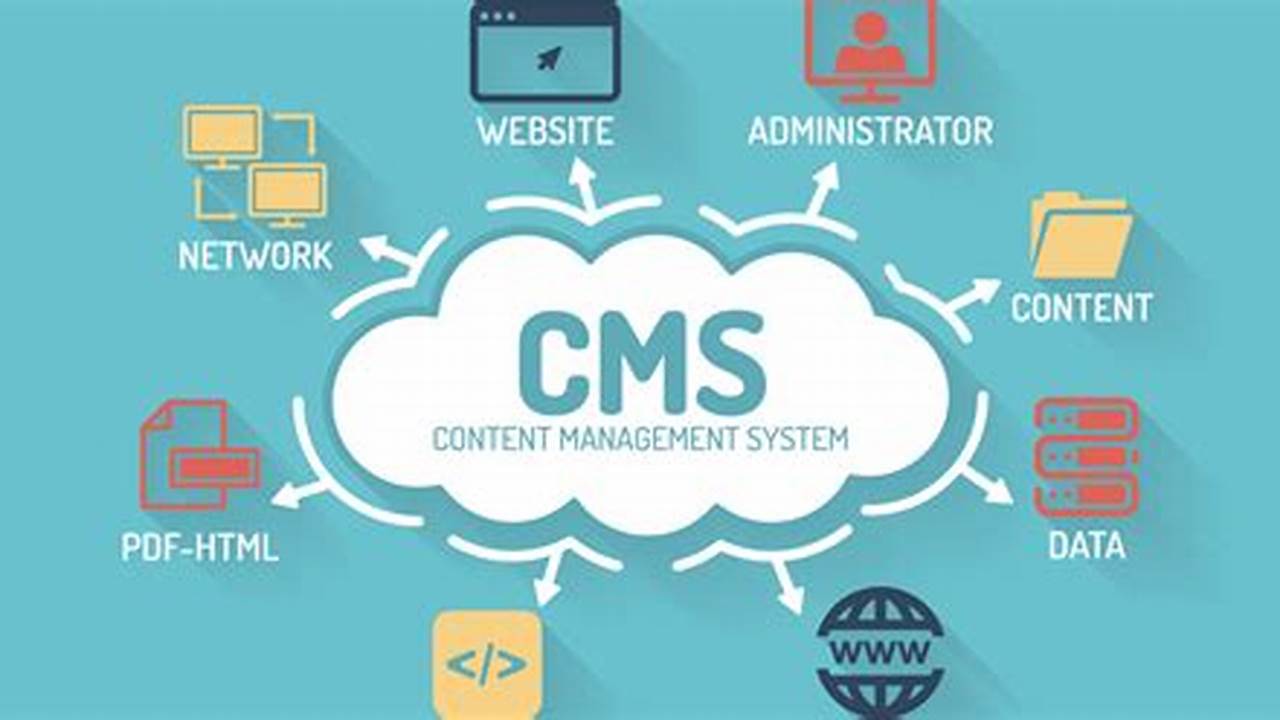Selecting a content management system (CMS) is a critical decision for any website development project. A CMS empowers users to create, manage, and modify website content without specialized technical skills. Choosing the optimal platform can significantly impact a site’s functionality, scalability, and overall success. Open-source CMS options offer flexibility, customization, and a vibrant community, making them an attractive choice for many. This discussion explores the key factors to consider when selecting an open-source CMS platform in 2024.
Key Considerations for Selecting an Open-Source CMS
Platform stability and security are paramount. A robust CMS should have a proven track record and active development to address vulnerabilities and ensure data integrity.
Scalability and Performance
Choose a CMS that can handle increasing content and traffic demands as your website grows.
Ease of Use and Content Management
An intuitive interface simplifies content creation, editing, and publishing, reducing reliance on technical expertise.
Customization Options and Extensibility
A flexible CMS allows tailoring the website’s design and functionality through themes, plugins, and extensions.
Community Support and Documentation
Active community forums and comprehensive documentation provide valuable resources and assistance for troubleshooting and development.
SEO Friendliness
A CMS optimized for search engines enhances website visibility and organic traffic acquisition.
Integration Capabilities
Seamless integration with third-party tools and services streamlines workflows and enhances website functionality.
Cost-Effectiveness and Licensing
Open-source CMS platforms eliminate licensing fees, reducing overall development costs.
Tips for Choosing the Right Open-Source CMS
Analyze your specific website requirements and objectives before evaluating different CMS platforms.
Test drive different CMS options through demos or trial installations to assess their user-friendliness and features.
Research the available extensions and plugins to ensure they meet your desired functionality.
Consider the long-term implications of your CMS choice in terms of scalability, maintenance, and support.
Frequently Asked Questions
What are the advantages of using an open-source CMS?
Open-source CMS platforms offer flexibility, cost-effectiveness, and a large community for support.
How do I choose the right open-source CMS for my website?
Consider factors like website size, complexity, required features, and technical expertise.
Is it difficult to migrate from one open-source CMS to another?
Migration complexity varies depending on the platforms involved and the amount of content to be transferred.
What security measures should I implement for my open-source CMS website?
Regular updates, strong passwords, and robust security plugins are essential for protecting your website.
Are there any limitations to using an open-source CMS?
While generally very powerful, some highly specialized features may require custom development.
Where can I find reliable resources and support for open-source CMS platforms?
Official documentation, community forums, and online tutorials offer valuable resources and assistance.
Choosing the right open-source CMS is a strategic decision that lays the foundation for a successful website. Careful consideration of the factors discussed above will empower users to select a platform that aligns with their specific needs and objectives, ultimately contributing to a positive online presence.



